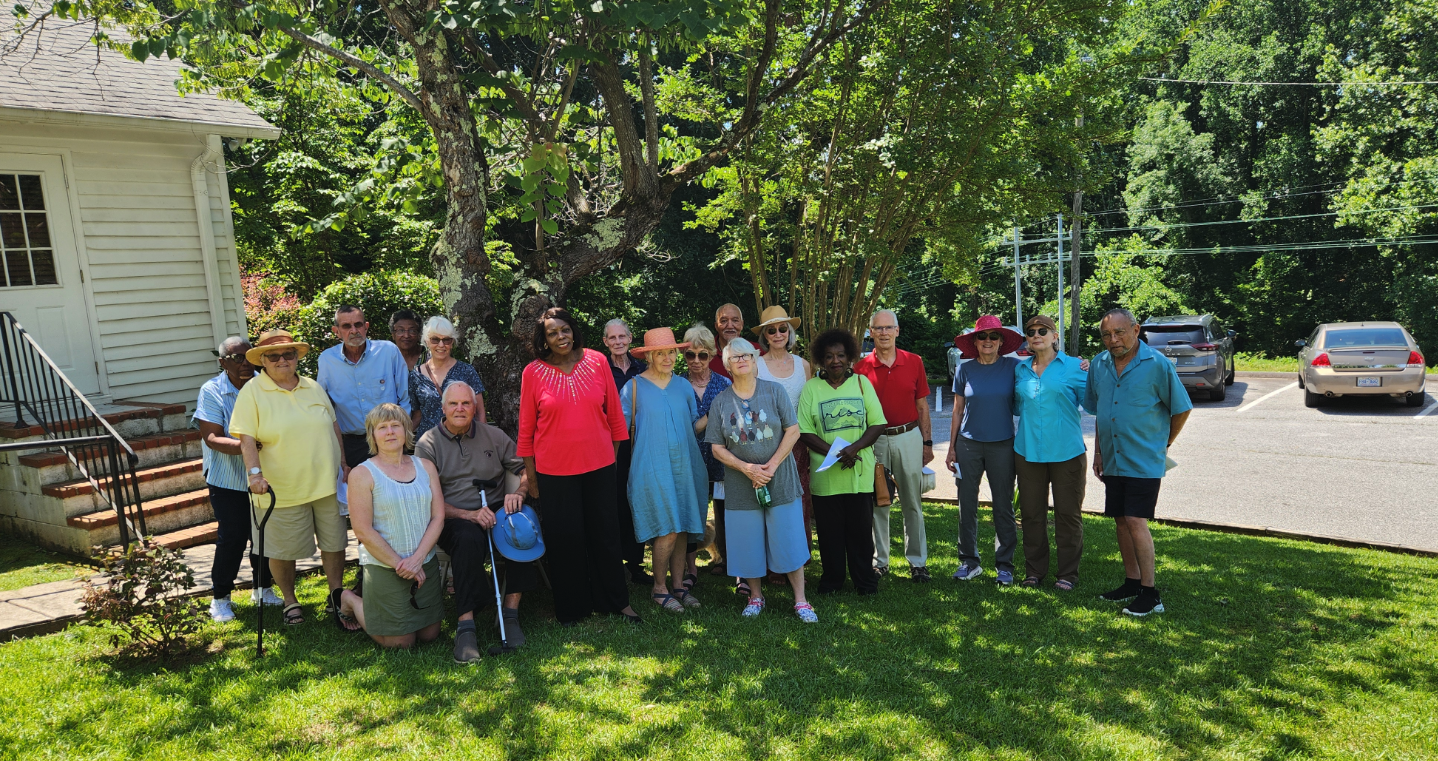Eye care coverage and services for retirees
Published 8:56 am Thursday, November 10, 2011
Dear Savvy Senior,
Does Medicare cover eye care? I had excellent vision insurance through my employer for many years but lost it when I retired, and now am confused as to what Medicare actually covers. What can you tell me?
Living on a Budget
Dear Living,
Many retirees are confused with what Medicare will and won’t cover when it comes to eye care. Here’s a breakdown of how Medicare handles different types of vision care services, along with some additional tips that can help you get affordable care when needed.
Medicare coverage
If you have original Medicare (Part A and B), it’s important to know that “routine” vision care like eye exams, eye refractions, eyeglasses or contact lenses are generally not covered. But, “medically necessary” eye care usually is covered:
Eye surgeries: Any surgical procedure that helps repair the function of the eye like cataract removal, cornea transplant, glaucoma surgery, etc.
Eyeglasses or contacts: Only if you’ve had cataract surgery.
Medical eye exams: Only if you’re having vision problems that indicate a serious eye condition like macular degeneration, retinopathy, glaucoma or dry eye syndrome.
Glaucoma screenings: Annual screenings for those at high risk (have diabetes, a family history of glaucoma, are African-American or Hispanic).
Diabetic eye exams: If you have diabetes, yearly exams for diabetic retinopathy.
Macular degeneration: Certain treatments are covered.
You also need to be aware that of the eye care services that are covered by Medicare, you’re still responsible for 20 percent of the cost – Medicare pays the other 80 percent. To help with this out-of-pocket expense, some Medigap supplemental policies provide gap coverage. Or, if you have Medicare Advantage, some plans provide eye care benefits. Be sure you check with your plan administrator.
Ways to save
If you find your eye care needs aren’t covered, or you can’t afford the 20 percent out-of-pocket that Medicare doesn’t cover, there are other ways to save.
For starters, if you need a refractive eye exam or a new pair of eyeglasses, many optometrists and eyeglass dealers offer discounts – usually between 10 and 30 percent – to seniors who request it. Memberships in groups like AAA and AARP can also provide lower rates.
Another way to get low-cost eye care is at an optometry school. Many offer affordable care provided by students that are overseen by their professors. See opted.org for a directory of schools and their contact information.
Assistance programs
Depending on where you live, there may also be some local clinics or charitable organizations that provide free or discounted eye care or eyeglasses. Put in a call to your local Lions Club to see what’s available in your area. To reach your local club, visit lionsclubs.org or call 800-747-4448 to get the number to your state Lions Club office, which can refer you to your community representative.
Or, if you need medical eye care, check into EyeCare America. This is a national program that provides comprehensive medical eye examinations to seniors age 65 and older, and up to one year of treatment at no cost. They accept Medicare or other insurance as full payment. And if you don’t have insurance, care is free. To learn more or to find out if you qualify, visit eyecareamerica.org.
If you’re under age 65, some other services that can help include Mission Cataract USA (missioncataractusa.org), which provides free cataract surgery to low-income people who don’t have insurance. Vision USA (aoa.org/visionusa.xml, 800-766-4466), which provides free vision care to uninsured and low-income workers and their families. And the Knights Templar Eye Foundation (214-888-0220, knightstemplar.org/ktef), which provides financial assistance for eye surgeries to low-income people who don’t have private insurance.
Send your senior questions to: Savvy Senior, P.O. Box 5443, Norman, OK 73070, or visit SavvySenior.org. Jim Miller is a contributor to the NBC Today show and author of “The Savvy Senior” book.





